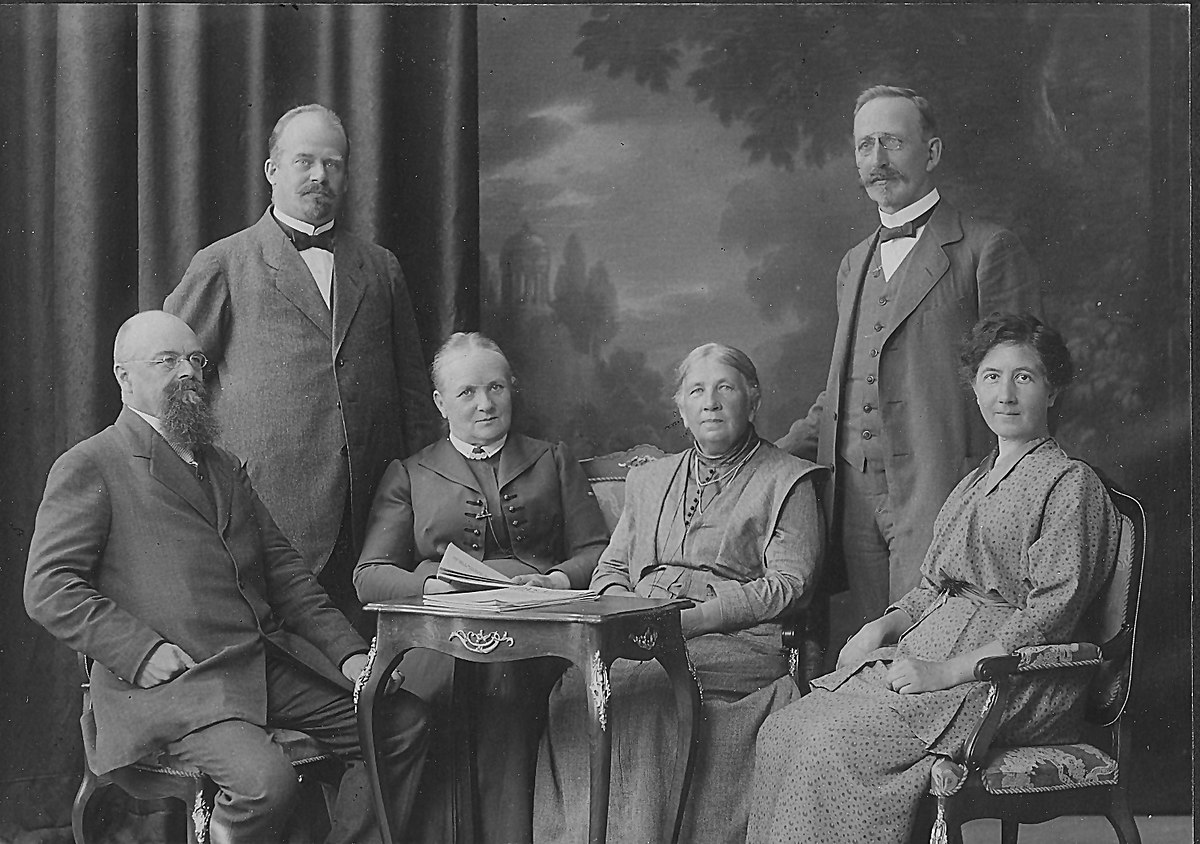The Rules of Professional Conduct for Ontario lawyers say some stuff about how lawyers are to set their fees. The guts are that:
1. Lawyers should charge reasonable fees.
2. What is reasonable depends on a number of things, the most important of which are the following:
a. the time and effort spent;
b. how difficult and important the matter is;
c. whether special skill or service has been provided;
d. how much money is involved;
e. the result obtained;
f. special circumstances such as whether the lawyer had to decline other work, or whether the lawyer assumed risk in getting paid, or the urgency of the matter;
g. what the lawyer and client agreed to;
h. the experience and ability of the lawyer; and
i. any estimate or range of fees given by the lawyer.
Long ago, lawyers looked at these rules and decided that what it all meant was that lawyers should charge on an hourly basis, but they could charge a different amount (usually higher) if it could be justified under any of paragraphs b to i. How lawyers came to this conclusion is a very long story which should be told by a person who cares. That is not me.
Law firms eventually determined that this system had an inherent flaw, and that is that lawyers tended to focus on paragraph 2a and bill their hourly rate times the number of hours that they spent on a matter, instead of focusing on all the other subjective paragraphs which could be relied upon to justify increasing the fee and charging what they liked to call a “premium.”
So they invented the Billing Committee. Ostensibly, the Billing Committee was intended to be certain that all bills were reasonable and fair to the client. But that was not really its only, or even primary, purpose.
In the beginning, the Billing Committee consisted of some Partners who had the responsibility of approving the accounts to be rendered by the lawyers in the firm. They would question things such as whether all of the time had been recorded and try to find ways to justify increasing the fee beyond the result obtained by multiplying the hourly rate times the number of hours spent. Surely this was an important matter for the client, wasn’t it? Or perhaps we achieved a great result, didn’t we? There must be a reason that a premium can be charged, isn’t there?
Back in those days, lawyer’s bills did not actually disclose the number of hours spent, so there was no need to trouble the client with whether or not a premium had been included in the bill, or how a premium was justified. Lawyers just kept it simple. Their bills said what they did and what they charged. The clients who were quoted an hourly rate may have thought that they were just paying for the hours recorded. Sometimes they were, and sometimes they were not. In any event, it was all covered in the small print in a retainer agreement that nobody ever read.
Over time, things changed. Clients demanded disclosure. Computers made it easy to report time dockets. It became downright difficult to quote $600 per hour, produce a print-out showing 10 hours and bill $8,500. Clients did not understand how that worked and when lawyers tried to discuss the idea of a “premium” with them, clients were unamused.
Sure, some lawyers created a hidden premium by adding a few extra hours into the account, but most of them were honest and just accepted that the old days were no more. The Billing Committee became less important.
But things changed again, as they always do. Clients started questioning whether all of those hours were necessary or represented ‘value.’ Lawyers anticipated these issues and ‘wrote down’ the time, which was the ethical thing to do. Sometimes they did it ‘officially’ and sometimes they just forgot to docket some of their hours, sort of on purpose.
Some firms got the impression that their lawyers were being too generous with those write-offs. So, back came the Billing Committee, but this time its purpose was to question why lawyers were not billing all of their time. Surely the Associates were working more hours than they recorded, were they not? And was the junior partner just a bit too quick to conclude that the student missed the point on the research memo? We did the work, didn’t we? We should be paid for it, shouldn’t we?
When you spend a professional lifetime justifying and rationalizing in order to get the best possible deal for your client, it becomes a way of thinking. Many people try to interpret the world in a manner which favours their own interests. Lawyers are no different in that regard, but they tend to have the skills to do it really, really well.
So here is my take on all of it:
If you are going to bill by the hour, you have to accurately record all time spent on a matter and carefully consider any adjustment, whether up or down from actual time. If the adjustment is down, no problem. You don’t even have to mention it. But:
- if you quote an hourly rate and then charge more than your recorded time multiplied by the hourly rate without obtaining your client’s approval, it is fraud; and
- if you quote an hourly rate and bill for time spent that did not directly benefit the client without obtaining your client’s approval, it is also fraud.
All the Billing Committees in the world cannot rationalize fraud into something ethical.
